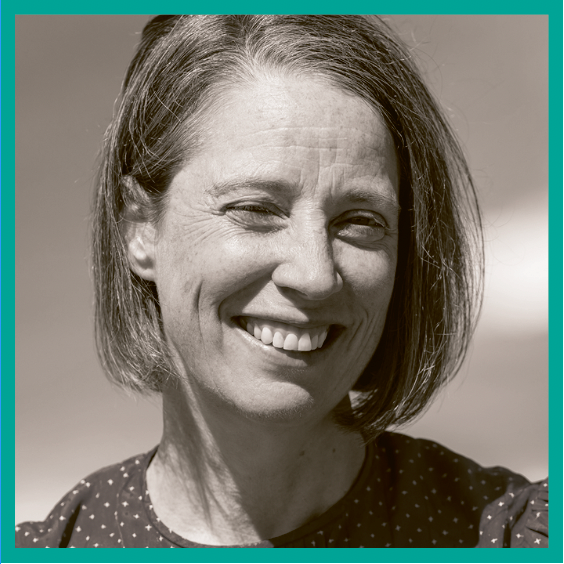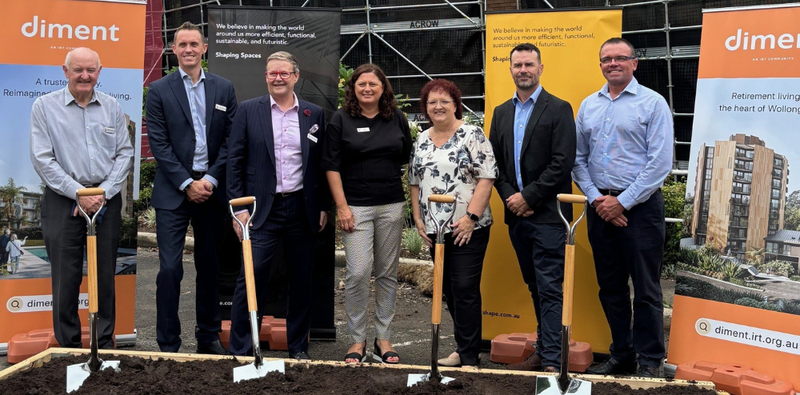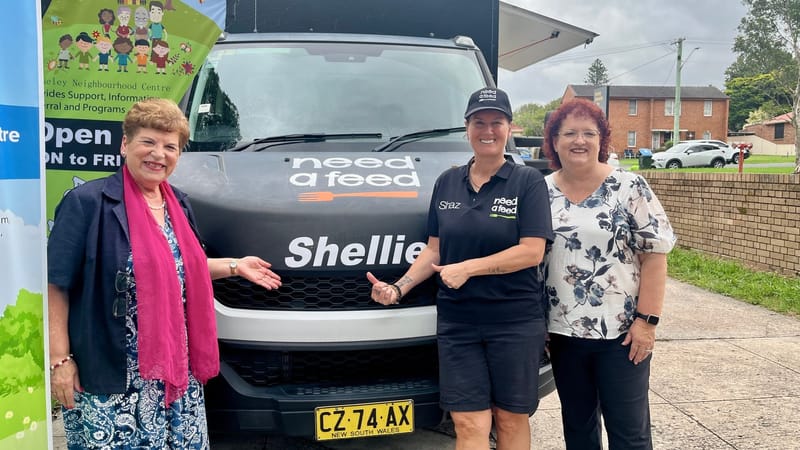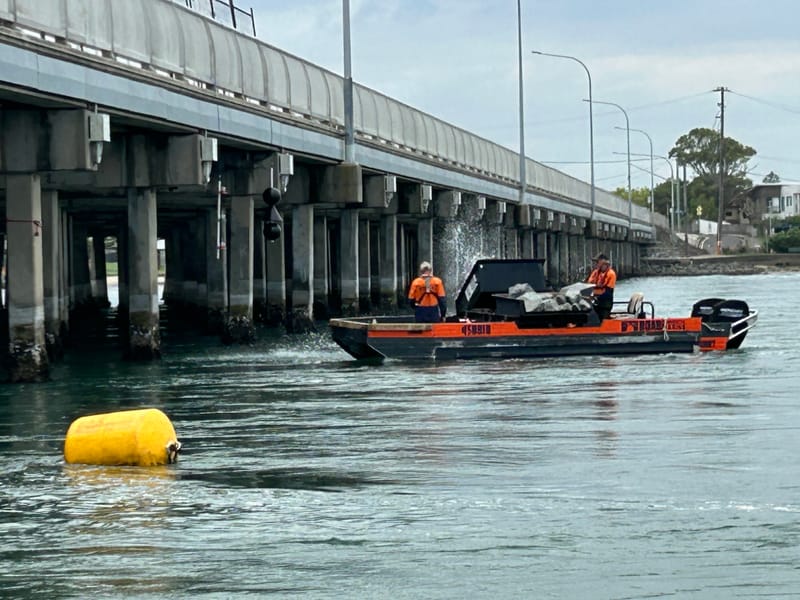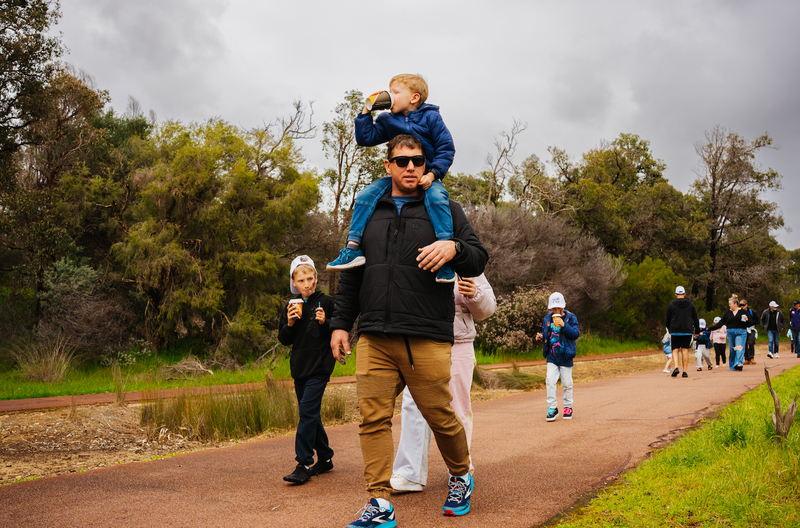‘Sunlight is the best disinfectant’: How independent media is shining a light on renewables in the regions
After two years of furious debate, the Illawarra Offshore Wind Zone is in a lull. The Illawarra Flame is seizing the moment to find out how other independent papers have coped with the challenges of reporting on renewables. In speaking to other...
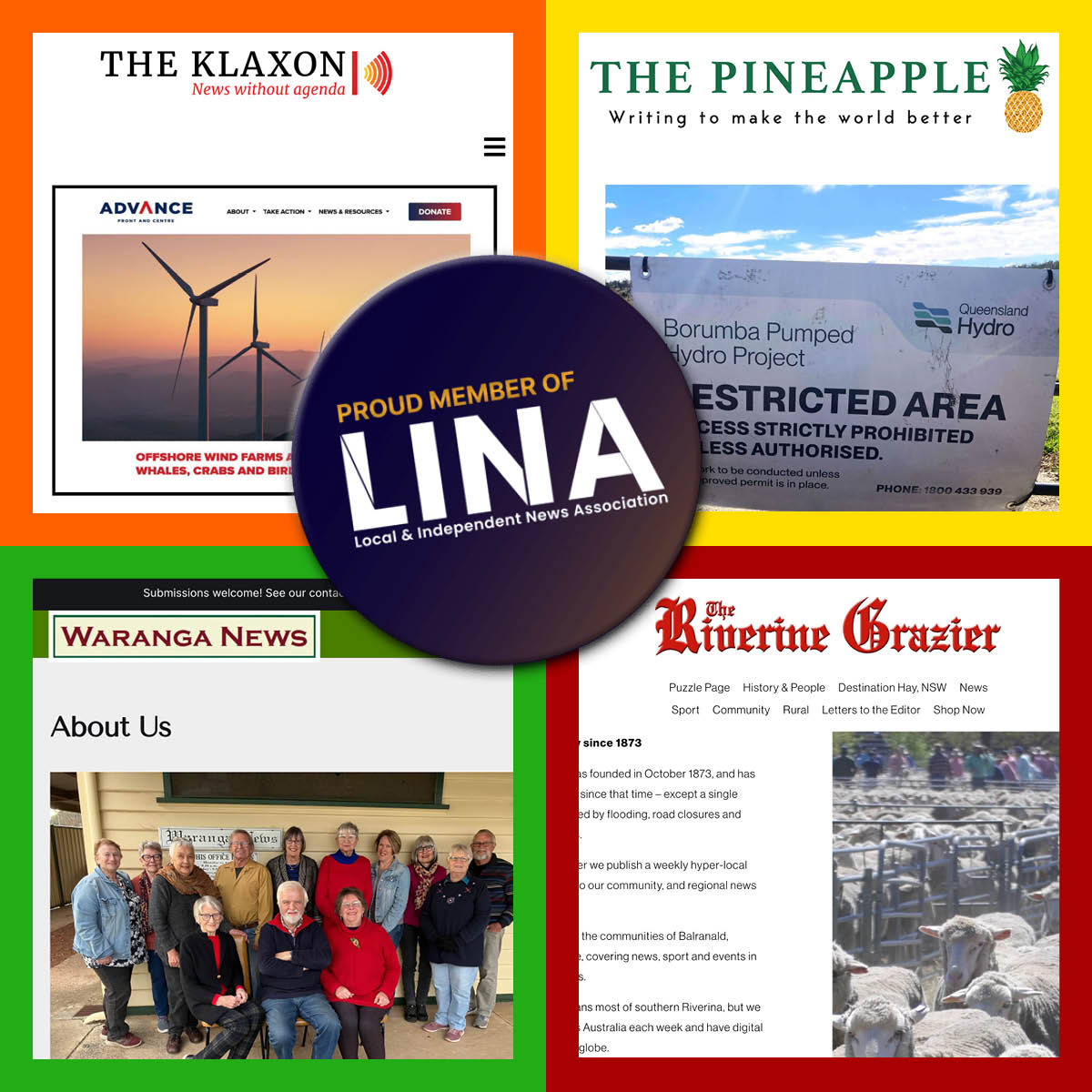
After two years of furious debate, the Illawarra Offshore Wind Zone is in a lull.
The Illawarra Flame has seized the moment to find out how other independent papers have coped with the challenges of reporting on renewables. In speaking to other members of our professional body, the Local and Independent News Association, we learned something important: well-run community consultation is key to a project’s progress. But we also found a common thread looping through social media – nothing quite as toxic as the Wollongong experience, yet a sliver of insight into how genuine environmental concerns in different projects across different regions are being exploited by the same sticky lie emitting from opposition groups: that renewables will cost the earth.
Unmasking misinformation in The Klaxon
Investigative journalist Anthony Klan has written numerous exposés on right-wing lobby group Advance, and the best-known example of its renewables misinformation is a familiar claim in the Illawarra: “I'd say ‘wind farms kill whales’ – it's just a straight-up lie.”
Anthony first came across this furphy when protestors raged against offshore wind in Newcastle. “You could see that it was disinformation,” he said. “It was obviously going to be fossil fuels' money behind it somewhere. So that piqued my interest.”
Reporting at a national level for his independent news site The Klaxon, Anthony has had a string of scoops this year, shining a light on who funds and influences public debate.
The renewables stories are “enjoyably difficult”, he’s found. “The amount of misinformation and disinformation is probably the biggest issue in reporting on it,” Anthony said. “It’s hard, but I love it. What I've been focusing on is the misinformation itself largely. That has been very difficult to tie down, because these entities want to remain hidden. They want to hide money trails. They want to mask the sources of the money. And that’s my specialty.”

Anthony’s investigations into Advance began in the final days of 2023's Voice referendum, when he realised a question had gone unanswered in the mainstream: “Who is this ‘No’ group, who's funding them?”
Digging into the subject, he found “cut and paste” fake grassroots movements around the country that seemed remarkably like offshoots of Trump’s Make American Great Again movement.
“I just kept looking into it and realised that this is Australia's MAGA,” he said.
Like climate change, renewable energy is a complex subject, which is why bad actors find it easy to cherrypick information and skew the argument, Anthony has found. “Come out with the facts, and you'll have a whole bunch of faceless social media accounts just attacking it or throwing forward fossil fuels talking points, like black-outs.”
Messaging in the 2020s is different to the era when petroleum groups were high-profile lobbyists. “You don't hear from them anymore,” Anthony said. “I mean, they’ll put out a statement and The Australian covers it, and that's about it – because they don't have any real clout, because people see them for what they are.
“But what the industry does now is they have these fake grassroots movements and push it that way.”
Along with the rise of astroturfing, disinformation is distributed via a multi-pronged method, using small local groups. “That was what we've seen – the wind groups are so decentralised.”
Independent investigative journalism can be a risky business but Anthony is confident in his knowledge of the law. “Holding powerful, wealthy people to account is my bread and butter, so I know exactly what I'm doing. They probably realise that it's not really worth the time trying to try to bully me, because it probably won't work.”
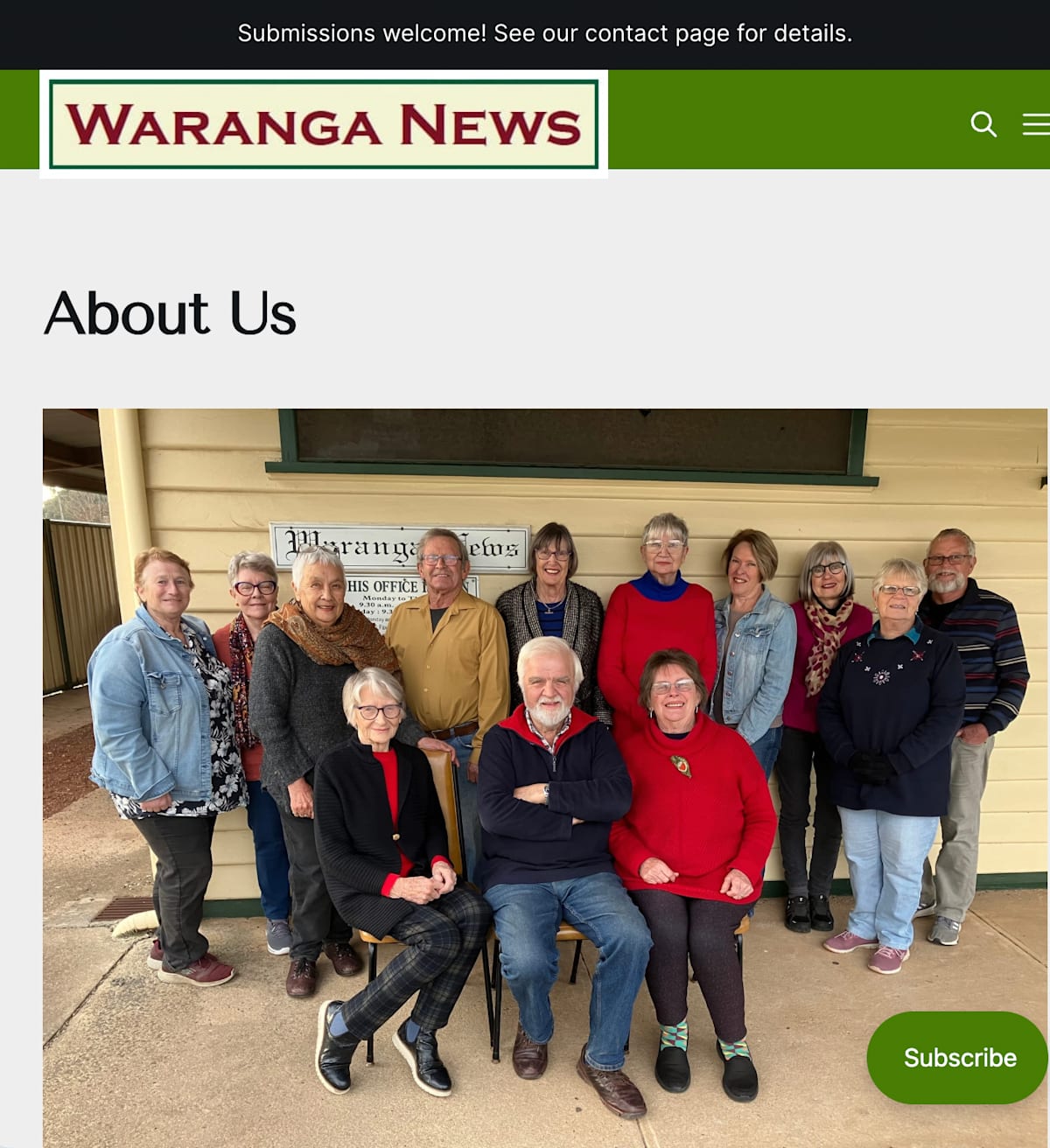
Solar farming in the Waranga News
Out west in country Victoria, Dr Mary Jo Fortuna OAM is a pioneer in the world of not-for-profit local journalism. She has edited Waranga News for 47 years, since September 1978. Her beat covers the farming town of Colbinabbin (population about 200), where vineyards have grown on hills west of the township. Now the Waranga News is dealing with a community divided over the 1147-hectare Cooba Solar Project, which has met “a well-organised resistance campaign”, Mary Jo said.
“The campaign is based on the project taking up high value agricultural land, and also the detrimental effect on ‘cellar door’ tourism. It has the support of all local state and federal politicians – we are in Nationals heartland – and the local Shire Council.”
The Colbinabbin Renewable Action Group (CRAG) sprang up to fight the Cooba Solar Project and Mary Jo said reporting has been challenging. “In an attempt to be the ‘voice of the people’ as we claim, it can be very difficult to hear and give voice to any but the loudest and shoutiest. And the smaller the community the greater the problem!”
Like the Illawarra Flame, Waranga News has found Facebook awash with disrespectful debate, with keyboard warriors, not necessarily local, expressing views that are anti-vaxxer, anti-Voice, anti-government and anti-media, as well as pro-nuclear.
“While CRAG claims to be not anti-renewable, its Facebook page is a frequent source of anti-solar, anti-battery, anti-windfarm reports and conspiracy theories of how government and mainstream media are suppressing these,” Mary Jo said.
Some solar supporters are afraid to speak out, she said. “Anecdotally I have heard of people signing the anti-Cooba petition because they’re not ‘brave’ enough to refuse!”
On the other hand, her region’s reputation as Nationals heartland also causes problems. “Renewables supporters don’t engage with any legitimate arguments but write off the resistance (especially when it claims to be not anti-renewables – just not here) as a NIMBY protest,” Mary Jo said.
“In other words, neither side is prepared to listen to the other and give thoughtful, considered responses to opposing concerns.”
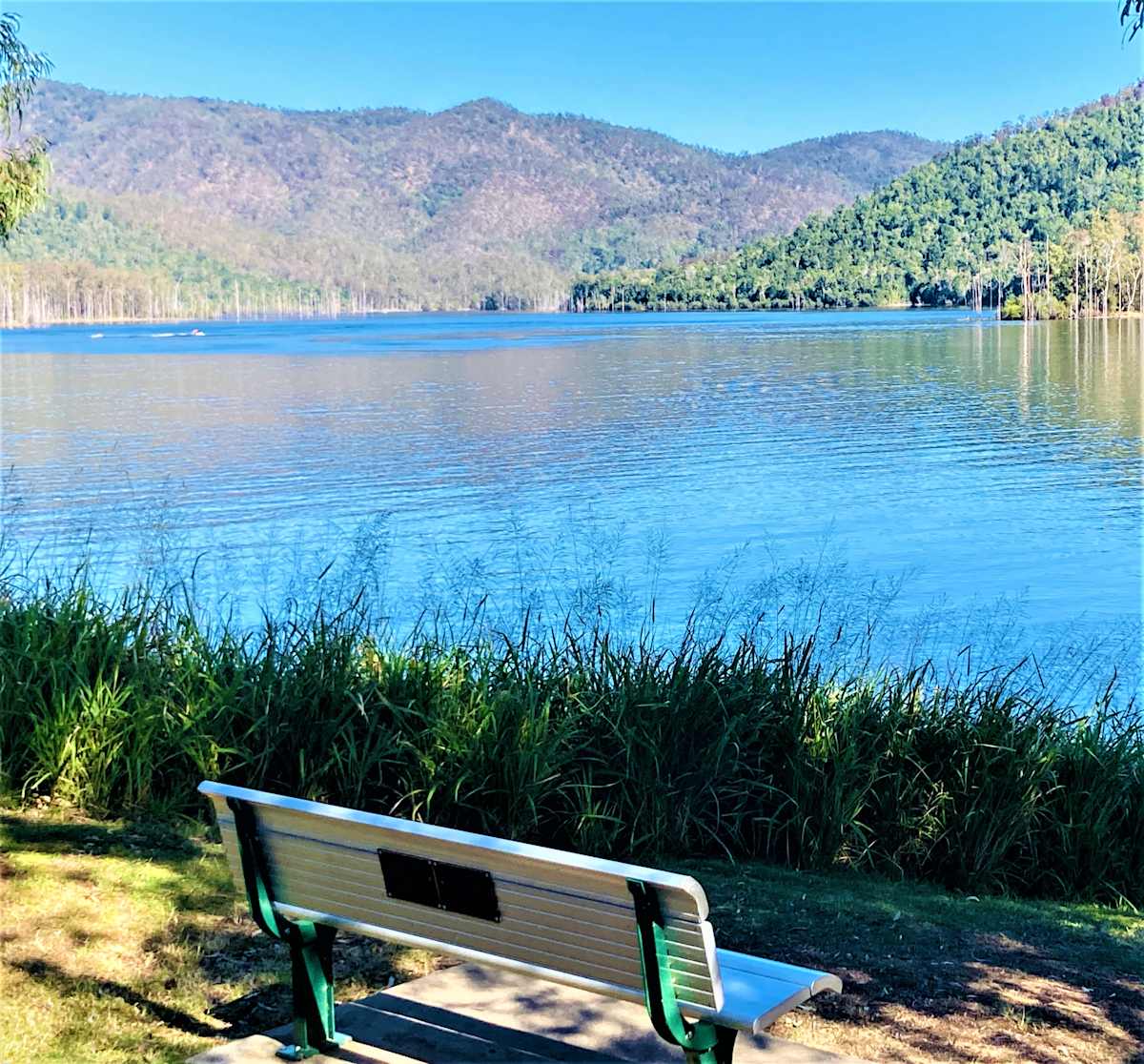
Pumped Hydro in The Pineapple
A journalist with decades of experience, Vivienne Wynter founded Queensland digital news site The Pineapple in 2023 and has been reporting on the Borumba Pumped Hydro Project at Imbil, in the Gympie region. “It will be like a giant battery, a huge storage project,” Vivienne said.
Local feelings do run high on pumped hydro. “Dozens of critically endangered or endangered species have habitat in the project footprint and it will be built on the much loved, peaceful Lake Borumba,” Vivienne said. “The Pineapple has to be extra careful about balance and reflecting expert and local opinion and knowledge in a way that’s impartial, fair and constructive.”
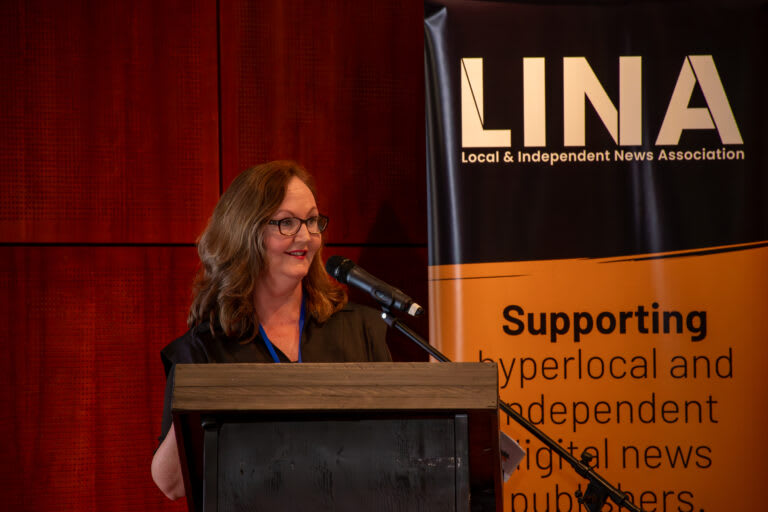
Located about 15 minutes from Imbil, Vivienne has found digging deep into renewables satisfying work. “It’s a journalistic dream to have a massive infrastructure project costed at $18 billion, developing on our doorstep. It’s also gratifying that the project operator, Queensland Hydro, and local experts are taking a digital start up like The Pineapple seriously… We’ve done half a dozen news features on this project over the past two years.”
With supportive locals going into bat for The Pineapple on Facebook when the haters vent online, Vivienne’s challenges have been less about dealing with community backlash than basic resources, her small news outlet being a registered charity powered by love rather than money. She’s also had difficulty finding experts, such as dam engineers, willing to speak frankly on record.
“I think that’s because most engineering and consulting firms don’t want to jeopardise their chance of working on such a lucrative and keystone project. If the project goes ahead (it’s not yet formally approved), it will be one of the largest pumped hydro projects in Australia.”
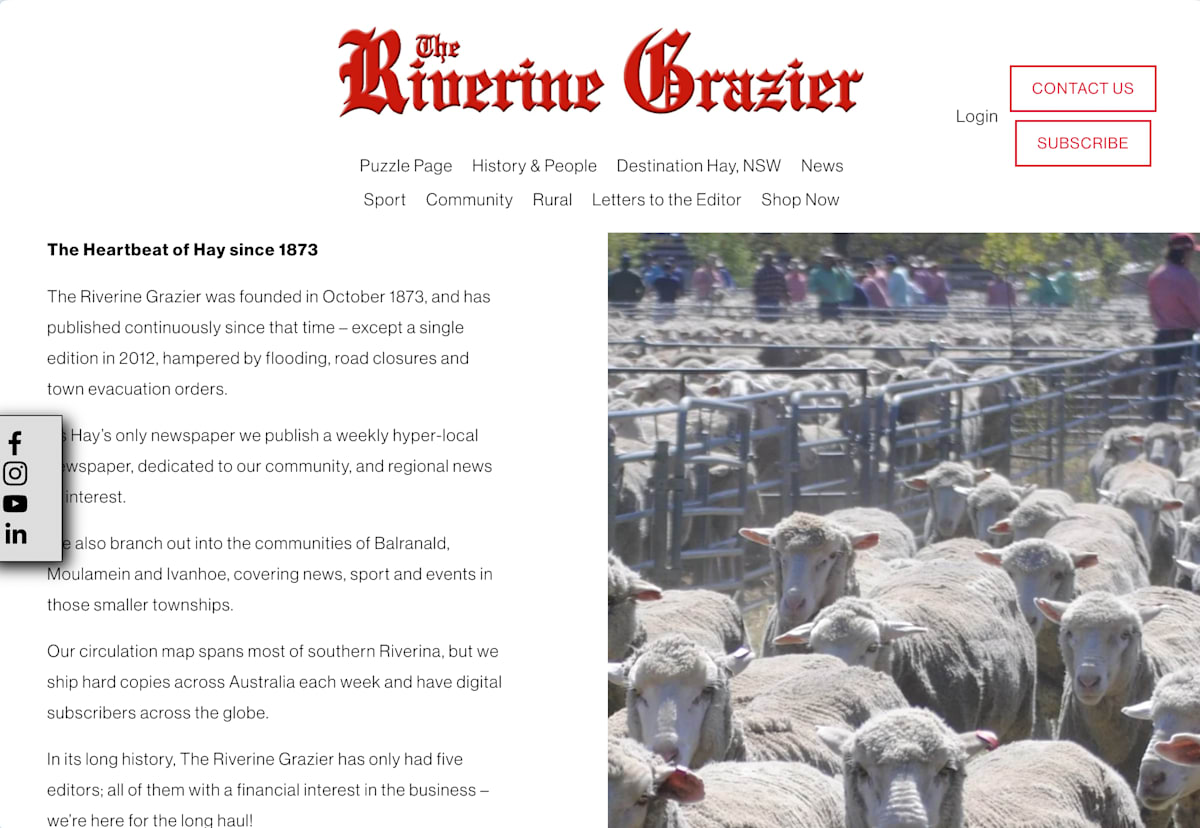
Onshore wind farming in The Riverine Grazier
Only one paper described renewables reporting as “quite easy” and for this, general manager of The Riverine Grazier Krista Schade thinks they have their local council to thank.
“Hay Shire has been very proactive, and partnered early with Re-Alliance, to plan the best way forward,” Krista said.
In the South West Renewable Energy Zone (SW REZ), Hay Shire has already gained a reputation in academic circles for excellence in community consultation and for the past two years, as Hay town’s only newspaper, The Riverine Grazier has been busy covering these events.
“Our reporting has been quite easy,” Krista said. “There were multiple projects vying for access rights and most contacted us and regularly fed us both editorial and photo ops, and very welcome advertising. The issue has also sparked debate of the pros and cons, and we have given much space over to letters to the editor. We are a small, community focussed publication, and everyone deserves a voice in our pages.”
Today, two major renewable projects are powering on in Hay Shire – the BayWa Bullawah Wind Farm and the Pottinger Energy Park, named after the Pottinger family who installed some of the region’s first windmills in the early 1900s.
Krista co-owns the historic newspaper, the only publication for the town of Hay. “In my opinion, Hay Shire has listened really well to the kinds of concerns locals have had (accommodation mainly, but also impacts on health service and roads, during development and the increased population it will bring) and then looked at innovative ways to partner with developers to create long-term solutions for our town,” she said.
“By staying on the front foot it feels like we will see legacy benefits for the community. Of course, that all remains to be seen, but I feel the education and consultation efforts invested by Council has eased most people’s concerns.
“There are still some that feel wind turbines will explode and solar panels blind motorists, but at least if this next form of industrial revolution is going to happen, the community has had the chance to demand the parameters we want.”
Like all large-scale renewable projects, the developments will have a visual impact.
“One concern that I feel is warranted is that the iconic landscape of the Hay Plains – one of the flattest places on earth, will forever be changes once turbines are constructed,” Krista said. “Again it is all being seen by most in balance – a coal mine would also ruin the landscape and environment.”

Challenges for independent media
Back in the steel city of Wollongong, the Illawarra Flame has covered offshore wind since community consultation for the zone began in August 2023. Our reporting has included a ‘Common Ground’ series, examining the issues that unite us, such as calls for independent research. But as the upswell of honest concern for the ocean has splintered into something darker, misinformation on Facebook has spilled into real-life.
To understand the declining trust in institutions – including government, universities and the media – we’ve looked into everything from psychology to propaganda, but the biggest threat to civic debate is evident in the emotionless algorithms of big tech companies that push anger, lies and extreme content in the interest of profits. Rage equals reach, and reach equals money.
In a world where anonymity is OK, common ground is increasingly hard to find. Where do you find common ground with those who boo acknowledgments of Country, cheer for climate deniers, smear academics, wish death to politicians, accuse journalists of kickbacks, bully business owners, stoke division and call on followers to throw away their democratic rights by casting informal votes in elections?
Common sense says you don’t. You hold the line and stick to the facts, draw on trusted sources and evidence-based research. And find common ground elsewhere, seek out points of unity across different generations, professions and walks of life.
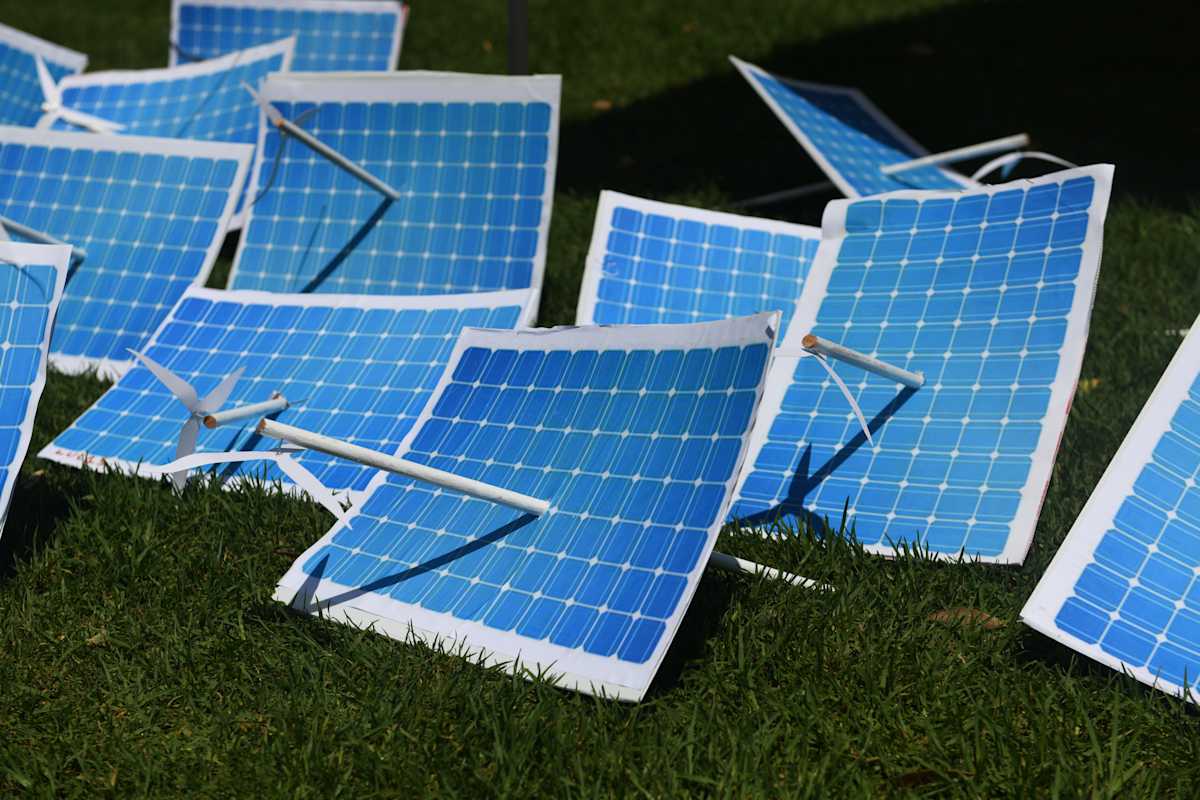
While the majority voted for leaders supporting clean energy at recent council and federal elections, polarisation continues and the Illawarra Flame’s biggest reporting challenge has been ensuring that genuine local voices are heard.
Operating at a national level, Klaxon journalist Anthony Klan agreed the disinformation can be deafening, drowning out debate about real issues. “Some people do hold concerns in good faith,” he said.
While Australian and international experts are raising awareness of the powerful actors misleading the public on climate, Anthony warned anti-renewables groups are still “festering away”.
“Sunlight is the best disinfectant,” he said.
“It’s still super important to keep the light on them, because otherwise they can grow. These guys are just proxies for the vested interest money. That'll always be there, so the more sunlight, the better.
"It's heartening to see the positive impact that independent media's having in the space."
Read more
Common Ground: Where a Baby Boomer ex-coal miner meets a Gen Z marine ecologist

